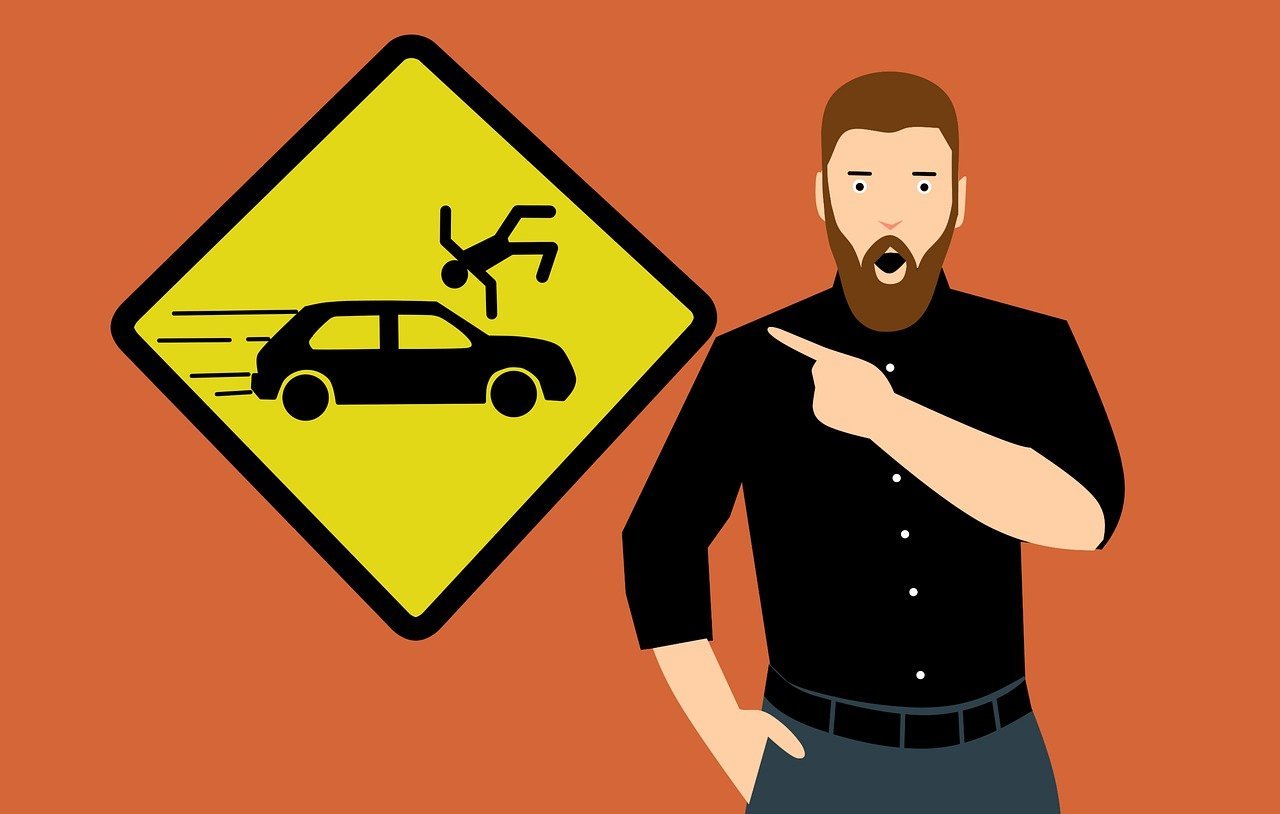What If The Fed Has Lost Control?
The Federal Reserve is losing credibility and trust amongst the public and financial markets due to its recent policy decisions. The Fed's primary mandate, which is to promote stable employment and control inflation, is not being fulfilled. The Fed's policies, such as quantitative easing and low-interest rates, have not only failed to control inflation, but have also contributed to income inequality and economic stagnation.
The Fed's balance sheet has grown significantly since 2008, reaching a staggering $7.9 trillion by 2021. This expansion has been driven by the Fed's quantitative easing programs, which were intended to stimulate economic growth. However, these policies have had limited success in achieving their goals, and have instead created asset bubbles and contributed to wealth inequality.
Inflation is now a major concern. The Fed's insistence that the current inflation is only transitory has been met with skepticism, the central bank's policies have played a significant role in driving up prices.
This has led to a growing loss of confidence in the Fed's ability to manage inflation and promote economic stability.
The low-interest-rate policy pursued by the Fed has had several unintended consequences, one of which is a distortion of asset prices. This has led to a speculative frenzy in various asset classes, including stocks, real estate, and cryptocurrencies. The Fed's policies have encouraged investors to take on excessive risk in search of yield, thereby contributing to financial instability.
The Fed's policies have also contributed to a widening wealth gap in the United States. The benefits of quantitative easing and low-interest rates have disproportionately accrued to the wealthy. This has led to a situation where the top 1% of the population owns nearly as much wealth as the bottom 50%, exacerbating income inequality and social unrest.
In addition to these issues, there is concern over the Fed's lack of transparency and accountability. Despite being a public institution, the Fed has been reluctant to share details about its decision-making processes and the recipients of its emergency lending programs. This lack of transparency has further eroded public trust in the institution and led to growing calls for reform.
The Federal Reserve's policies have failed to promote economic stability and have instead contributed to asset bubbles, income inequality, and financial instability. The erosion of trust in the Fed is a result of its policy failures, lack of transparency, and inability to address rising inflation. Unless the Fed changes course and reestablishes public trust, the long-term consequences for the US economy could be dire. - Full article here
"It's Like Watching A Horror Movie Unfold"
The Milken conference in LA has been abuzz with discussions of an impending commercial real estate crisis, which was first highlighted two months ago and has already claimed Silicon Valley Bank as its first victim. Hedge funds are now piling into the new "Big Short," raising concerns about small banks and the potential for a credit event.
However, hedge fund icon Stanley Druckenmiller has shifted the focus back to the long-term issue of unchecked government spending and America's massive and growing debt. The current $32 trillion in US debt, increasing by $1 trillion every six months, and $200 trillion in off-balance sheet debt, pose significant threats to the nation's financial stability.
While the commercial real estate crisis is a pressing concern, it will eventually pass. However, the ballooning US debt and off-balance sheet obligations will continue to persist, threatening the country's financial future unless addressed through policy changes. The consequences of not addressing this issue could include the US defaulting or experiencing hyperinflation.
“The fiscal recklessness of the last decade has been like watching a horror movie unfold,” Druckenmiller said in a speech Monday at the USC Marshall School of Business.
According to Bloomberg, Druckenmiller’s comments are similar to the ones the billionaire investor gave a decade ago during a tour of 14 university campuses, when he encouraged students to pay attention to ballooning federal deficits that he believed - correctly - would bankrupt future generations.
He said at the time that the economic storm spurred by reckless spending could dwarf the economic pains of 2008. The situation today “looks much worse than I had imagined 10 years ago," he said on Monday.
Unfortunately, by still owning a large amount of government debt, the Fed continues to create the false illusion that it can help with our fiscal problems.
While raising interest rates 5 percentage points in the past year was a move in the right direction — “trying to correct the biggest mistake in Fed history” — Druckenmiller. - ZeroHedge
AI and Phantom Traffic Jams
A new AI-powered cruise control system, developed by researchers at the University of Michigan and Carnegie Mellon University, aims to tackle phantom traffic jams by adjusting a car's speed to maintain a smooth flow of traffic. Phantom traffic jams occur when a chain reaction of cars slowing down and speeding up leads to a bottleneck, even in the absence of any physical obstructions. The system, named Capri (Cognitive Adaptive Personalized Real-time Interventions), uses machine learning algorithms to analyze traffic patterns and make real-time adjustments to a vehicle's speed in order to maintain an optimal distance from other cars on the road.
Capri's developers tested the system on a closed track, simulating traffic jams caused by 20 vehicles driving at an average speed of 55 mph. The study, published in the journal Nature Communications, showed that the system was able to reduce the frequency of these phantom jams by approximately 50%. Furthermore, Capri was able to reduce the time spent in traffic jams by 60% and increased fuel efficiency by up to 40%.
By implementing the Capri system in more vehicles, it is believed that traffic congestion on highways could be significantly reduced. The researchers also noted that Capri is compatible with existing adaptive cruise control systems and can be integrated into them with minor modifications. This makes it easier to implement the technology on a large scale, potentially benefiting millions of drivers and reducing the overall environmental impact of vehicle emissions.
In the long term, the adoption of the Capri system could lead to significant improvements in traffic flow and overall driving experience. The system not only addresses phantom traffic jams but also has the potential to improve fuel efficiency and reduce greenhouse gas emissions. With further advancements in AI technology and wider adoption, Capri may become an integral part of future vehicle design, making our roads more efficient and environmentally friendly.
"Patience is a virtue, and I'm learning patience. It's a tough lesson." - Elon Musk
There has rarely been a period when it was more crucial to base judgments on the reality of challenges faced today.
The good news has always come after the bad news has run its course.
The true opportunity of tomorrow will manifest itself in due time.



